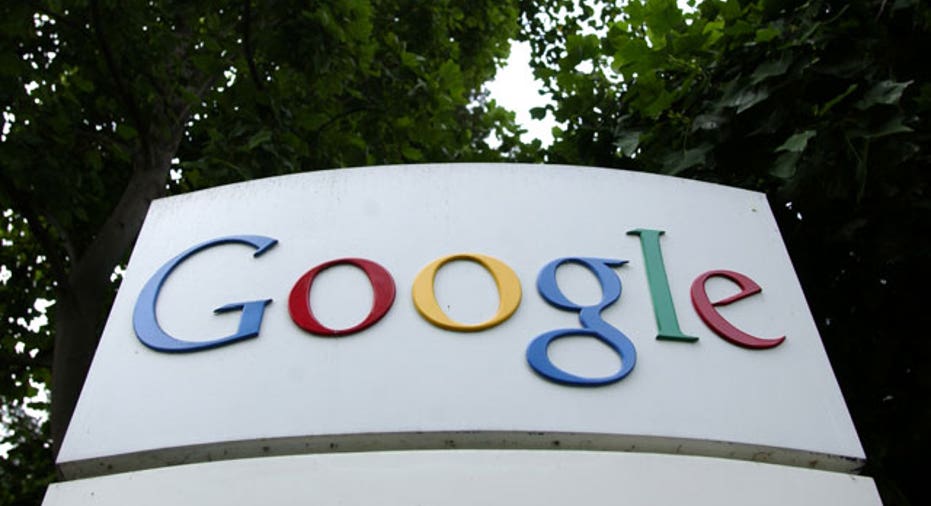Google Faces Tax Backlash from British Lawmakers

Google Inc faced angry questions on Thursday from British lawmakers investigating its tax affairs and whether it had misled parliament in testimony last year, adding fuel to a debate on taxation that has risen to the top of the UK political agenda.
Google's Northern Europe boss, Matt Brittin, was called back to testify to parliament's Public Accounts Committee (PAC) after a Reuters investigation showed the company employed staff in sales roles in London, even though he had told the committee in November its British staff were not ``selling'' to UK clients.
Brittin said the company was already being investigated by the UK tax authority in relation to transfer pricing of services traded between Google UK Ltd and other Google companies, but added that he believed Google fully complied with UK tax law.
He also denied misleading parliament in November. But lawmakers challenged the veracity of his November testimony and comments made on Thursday. "It really doesn't wash,'' said Stephen Barclay, a PAC member with the ruling Conservative Party. Committee chairwoman Margaret Hodge said Google was not living up to its original motto of ``don't be evil''.
"You are a company that says you do no evil, and I think that you do do evil in that you use smoke and mirrors to avoid paying tax,'' she said, adding that the company engaged in ``devious, calculated and, in my view, unethical behaviour''. In November, Brittin told the PAC ``Nobody (in the UK) is selling''. He said all UK sales were conducted by Google Ireland and UK staff were only involved in promotional activity.
That arrangement allows Google to shelter most of its income on UK sales from taxation, since Google Ireland sends most of its turnover to an affiliate in Bermuda.But the Reuters report revealed that Google advertised for staff in London to ``negotiate'' and ``close'' deals and that LinkedIn profiles of dozens of staff claimed they engaged in such work.
Committee chairwoman Margaret Hodge said the PAC had also been approached by whistleblowers who had said they had worked for Google in London, selling advertising.
WHAT IS SELLING?
On Thursday, Brittin said UK staff did offer discounts to customers to encourage them to buy and that the staff were remunerated partly by commission on sales, but he said the fact Google Ireland was the legal counterparty on trades meant his November comments were not inaccurate.
"The UK team are selling, but they are not closing.'' Google's auditor, Ernst & Young, was also called to give evidence. John Dixon, Head of Tax Policy, said there was a grey area between promoting products and concluding sales in Britain, which would, most likely, create a taxable presence for a company in London.
He declined to say if Google's arrangement was consistent with not having a tax presence in the UK. Corporate tax avoidance has become a major issue in Britain, where there are concerns over rising government debt and accusations from lawmakers that the UK tax authority has adopted a light-touch approach to taxing big businesses.
From 2006 to 2011, Google generated $18 billion in revenues from the UK, according to statutory filings, and paid just $16 million in taxes.
Google is just one of a raft of companies including Apple Inc., Microsoft, Starbucks and Amazon.com, whose tax affairs have come under scrutiny.
All the companies say they follow international tax rules.



















